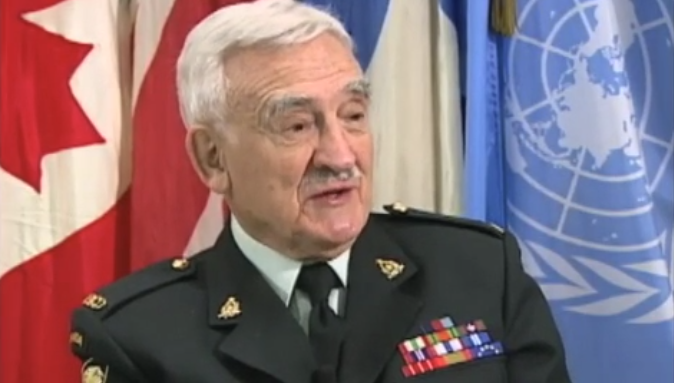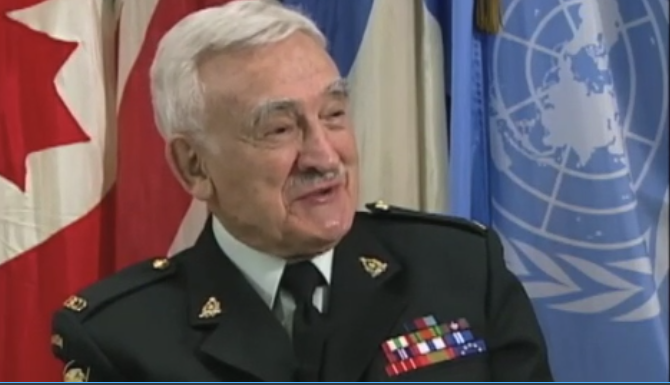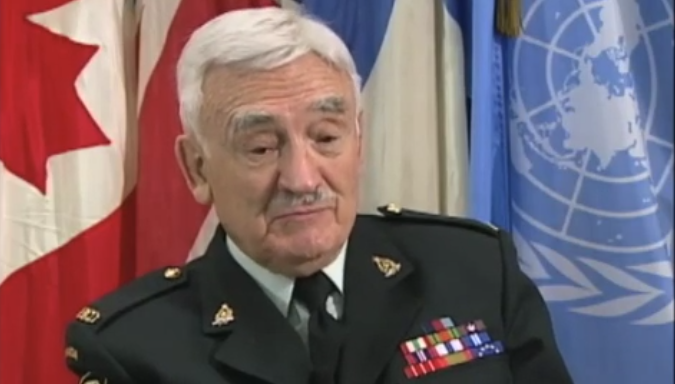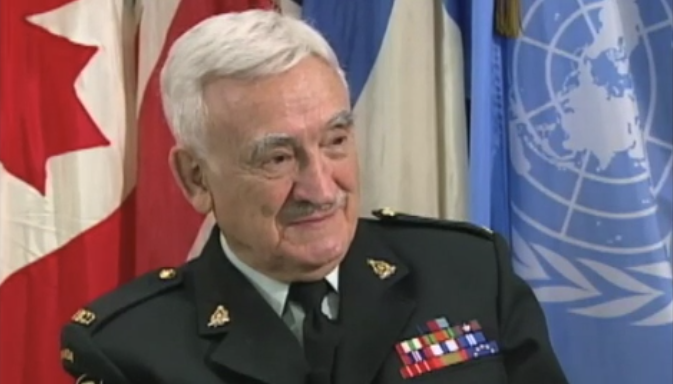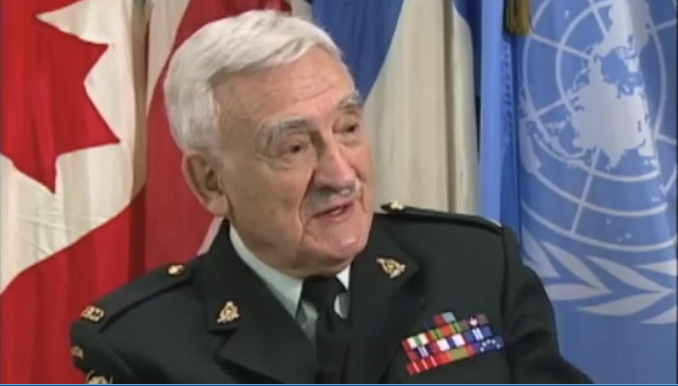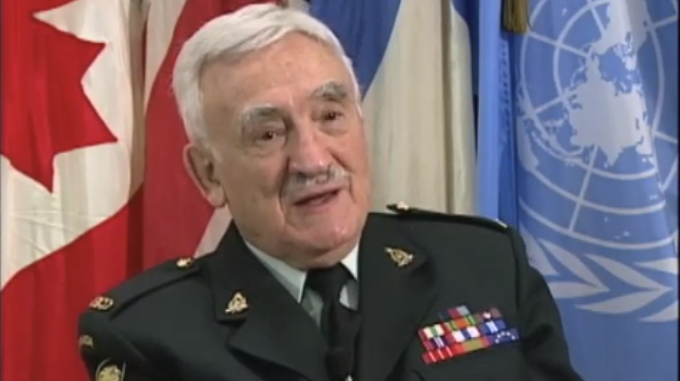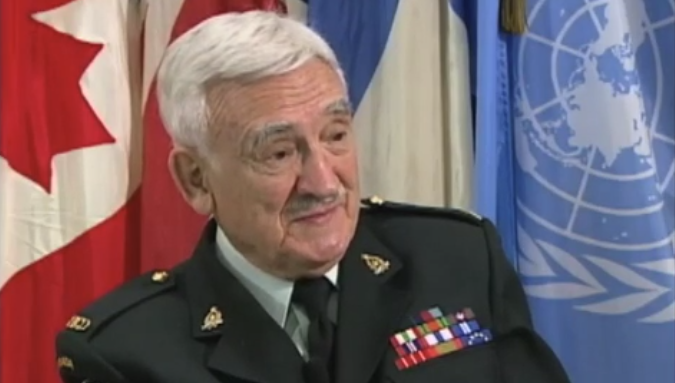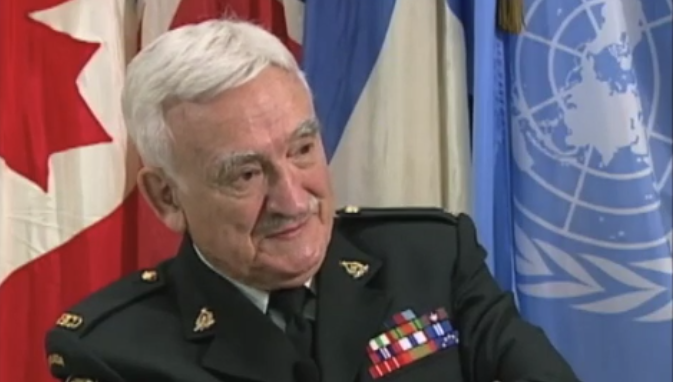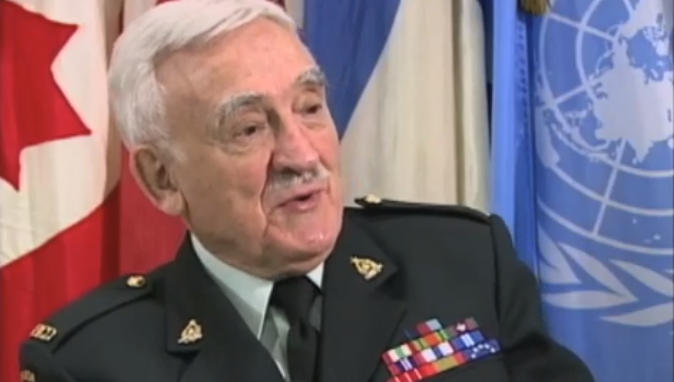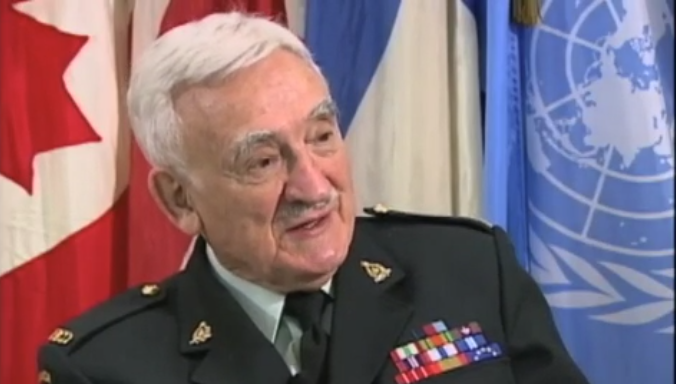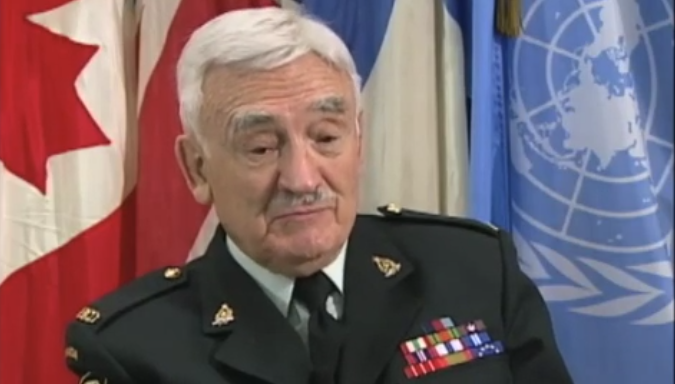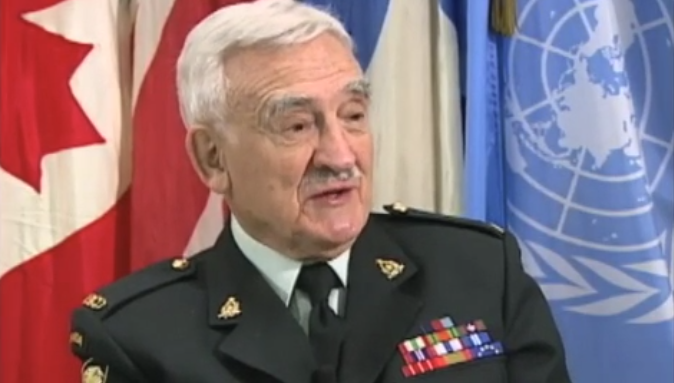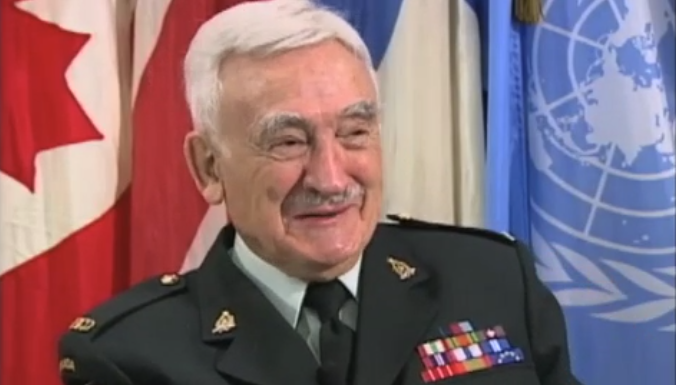Post-Traumatic Stress Disorder (PTSD)
Heroes Remember
Post-Traumatic Stress Disorder (PTSD)
I don’t believe that anybody who was in actual combat at the
front, who was killing and being killed, could come out of a
battle experience without being scarred. It happens while the
battle is going on. These are horrifying things that are
happening. But while the battle is going on, you’re busy.
You’re fighting. In my case, I had a tank to fight. I had
sixteen tanks to be the second-in-command of. I had to deliver
messages, I had to put my own gunner on targets. I had
responsibilities, and so did everyone of us. So, we just
carried on. But you, in my opinion, nobody who experienced that
can come out without being affected. You had asked me about my
personal affect. I used to have terrible dreams, battle dreams,
fighting dreams, killing dreams, being killed dreams. And I
would wake up screaming. And it gradually went away. I got
married six years after I was wounded and the first year I was
married, I had several of these things. My poor wife would wake
me up and say, “You’re screaming, you’re hollering. What’s
going on?” I had another thing. I had picked up malignant
malaria, which takes seven years to go away. So, I would get
terrible attacks of malaria and she would have to put me in bed
for three days, the shakes and you get too hot and too cold, the
whole deal. All of this was going on. But it all burns off.
There was no post-traumatic stress disorder analysis or help.
If you were so badly injured that you couldn’t function, you
then went into the psychological part of things and they took
you to institutions and tried to treat you. If you could cope,
which almost everybody did. Well, you went home and you carried
on with your life and gradually, it disappeared. And I can
assure you it’s been forty years since I’ve had any of these
things and I don’t think I’ve been, I think I’ve been coping
rather well during my whole life. But does everybody get
affected? Yes, I think they do. I don’t think there’s anymore
happening now than there was then. I think that the knowledge
is greater. The technology to handle it is greater. And also,
as an old soldier, I think we make a lot more of it than we used
to. I think we were tougher in those days.
Related Videos
- Date modified:



